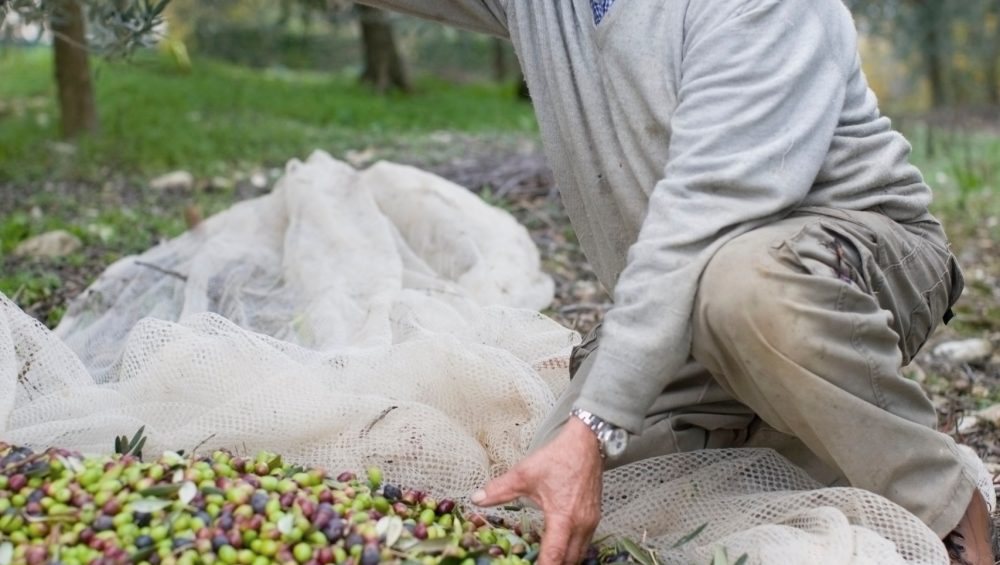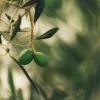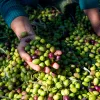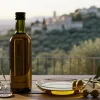Olive oil is far more than a mere ingredient—it’s a symbol of harmony with nature, the embodiment of labor, and the essence of patience passed down through generations. The wisdom hidden in the trunk, leaves, and fruit of the olive tree has been shaped by the hands of masters and refined over time. Even in an era of modern technology, this knowledge remains the guiding compass for producers who choose to honor traditional methods.
The Silent Teachings of Olive Oil Masters
For centuries, families dedicated to olive cultivation have produced masters who speak the language of the olive. To them, the olive tree is not just a plant but a lifelong companion that converses with the seasons and teaches the virtue of patience.
- They listen to the soil, intuitively sensing when it needs water, when to prune, or which winds bring blessings.
- They measure harvest time not by sight but by touch, guided by the texture, scent, and feel of the olives rather than their color.
- The pressing process is a ritual. The excitement that begins at night transforms into a celebration as olives are pressed at dawn.
This mastery is not rooted in written rules but in a wisdom honed through lived experience and deepened by time.
Traditional Methods: Labor Transformed into Value
Olives crushed in stone mills, the first oil patiently filtered, and the golden liquid rested in cool cellars—these time-honored processes still hold strong despite the speed of modern technology. Masters know that the true essence of olive oil is extracted through patience.
While many producers today rely on modern machinery for faster, more efficient production, there’s a deep commitment to preserving traditional methods. These practices are not just about production; they’re about safeguarding a cultural heritage.
How Is Wisdom Passed to the Future?
In olive oil production, wisdom is not about clinging to the past but about carrying its essence into the future. Young producers are now learning their ancestors’ methods while blending them with modern approaches like sustainable farming, organic production, and innovative packaging.
- Environmentally respectful agricultural practices,
- Production models that reduce carbon footprints,
- Preservation and promotion of local olive varieties,
- Storytelling through product presentation…
These efforts not only preserve the masters’ legacy but also make it accessible to broader audiences in new, meaningful ways.
Olive Oil: The Voice of the Past, the Hope of the Future
Olive oil is a culmination of wisdom shaped by masters and filtered through time. It neither demands rigid adherence to tradition nor blind submission to innovation. Instead, it represents a balance—a harmony that listens to nature’s rhythm and blends tradition with progress.
Every drop of olive oil gracing today’s tables carries the wisdom of the past and the hope of the future. Each bottle is a silent tribute to the soil, the labor, and the mastery behind it.











